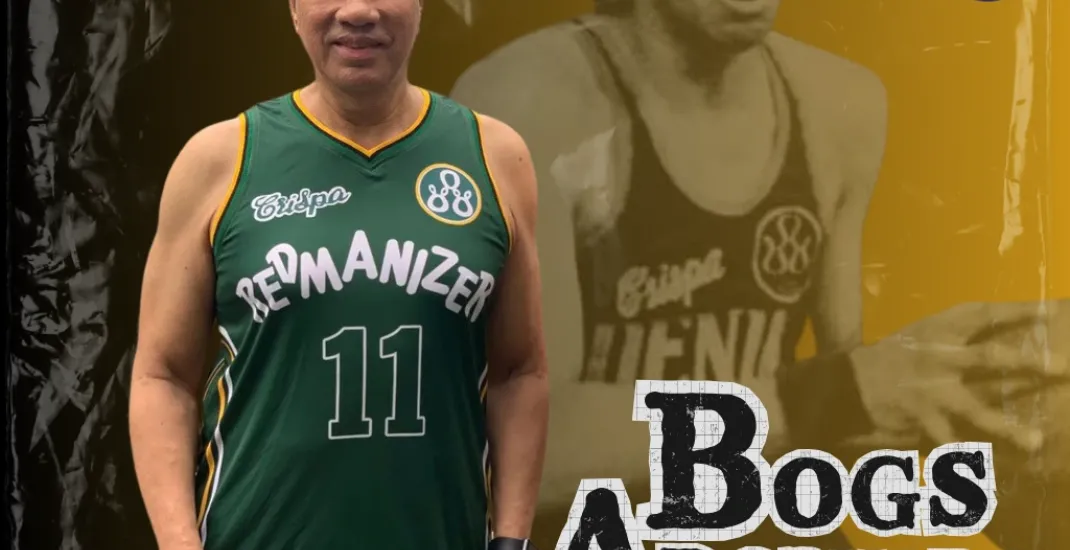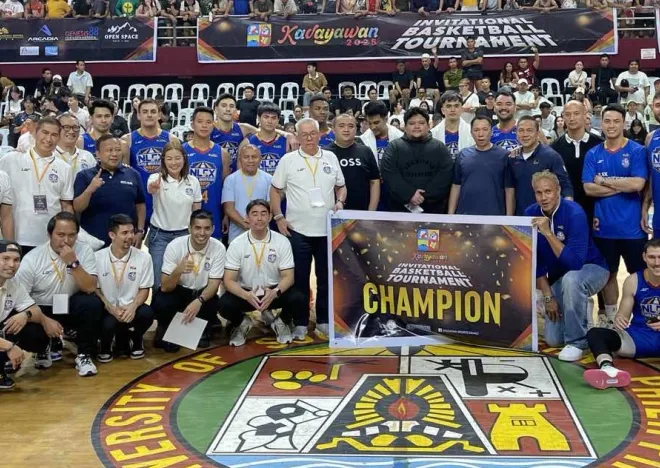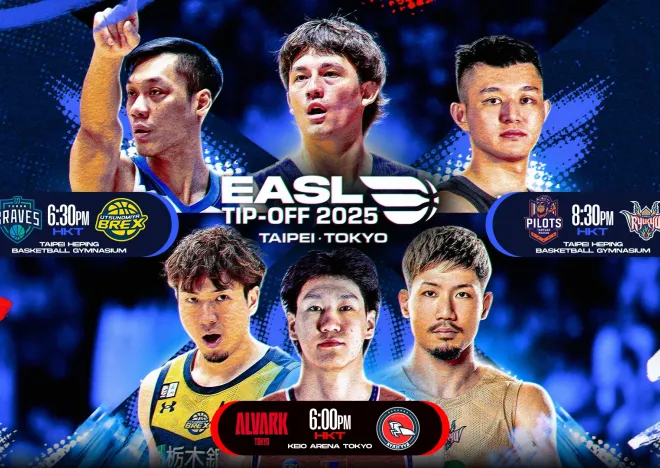Player Profile: William "Bogs" Adornado - First PBA MVP

As we kick off our Player Profile series highlighting the pioneers and icons of Philippine basketball, we begin with a name synonymous with scoring brilliance and resilience—William “Bogs” Adornado.
- Name: William Adornado
- Nickname: Bogs
- Birthdate: May 26, 1951
- Hometown: Batad, Ilo-Ilo
- Height: 6’2”
- Jersey numbers:
- Position: Small Forward
- Achievements:
- 1x UAAP champion (UST and UE co-champions)
- 1970 Asian Youth Basketball Championship (champion)
- 1971 Asian Basketball Confederation (2nd place)
- 5x MICAA Champion (1971-72 All-Filipino, 1974 MICAA Triple-crown, )
- 1973 FIBA Asia Cup MVP (Formerly ABC Championship)
- 1973 Basketball Player of the Year
- 1973 ABC Championships (Gold)
- 1974 Dream Player of the Game (Now All-Star game MVP) PBA All-Star Game
- 7x PBA Mythical First Team (1975–76, 1980–85)
- 1x PBA Mythical First Team (1984)
- 1975 PBA All-Star 'Dream Player of the Game' (now All-Star game MVP)
- 5× PBA Scoring Champion: 1975 (26.96 ppg), 1976 (25.66 ppg), 1980 (24.00 ppg), 1981 (26.20 ppg), 1982 (27.40 ppg)
- 10x PBA Champion (7 Crispa, 1 U/tex, 2 GTC)
- 3x PBA Most Valuable Player (1975, 1976, 1981)
- 2x PBA Sportmanship Awardee (1973, 1976)
- Member: PBA 25/40/50 Greatest Players of All-time
- Member: 5,000 and 10,000 point club (PBA)
- Member: 1976 Crispa Grand Slam Team (PBA)
- PBA Hall of Fame class of 2005
A two-time MVP by 1976, Adornado had already cemented himself as one of the PBA’s brightest stars, playing a key role in Crispa's historic first Grand Slam. But just as his career was reaching its peak, an unfortunate knee injury—sustained in a collision with Romeo Frank of U/Tex—sidelined him for three years. At the time, many thought it would be the end of his basketball journey.
But Adornado's story was far from over.
In 1980, he made a triumphant return to the court with the U/Tex Wranglers, leading the team to a dramatic championship win in the PBA Open Conference. U/Tex pulled off a miraculous rally, overcoming a four-point deficit in the final 16 seconds of regulation to force overtime and stun the Toyota Tamaraws. The game is now remembered as one of the most dramatic finishes in league history—dubbed the “longest 16 seconds” in the PBA. That moment not only secured the title but also disrupted the long-standing Crispa-Toyota rivalry that had dominated the league.
Adornado’s incredible comeback was crowned in 1981 when he earned his third PBA MVP award—becoming the first player to achieve that feat, solidifying his place among the all-time greats.
Known for his effortless jump shot and offensive dominance, Adornado delivered one of the most unforgettable performances in league history when he scored 64 points in a single game against San Miguel. At the time, it was the highest total ever recorded by a homegrown player.
He continued to move around the league, joining the Great Taste Coffee Makers, and later suiting up for the Shell Azodrin Bugbusters in 1985. Alongside fellow former Crispa stars Philip Cezar and Bernie Fabiosa, he helped Shell reach the finals in its debut season under head coach Freddie Webb—though they ultimately fell short against Great Taste.
Adornado also set a high standard in free-throw shooting. Between October 14, 1986 and August 7, 1987—across stints with Shell and Hill Bros.—he made 69 consecutive free throws, setting a PBA record that stood for six years until it was broken by Allan Caidic.
In 1987, he once again led his team—now the Hills Bros. Coffee Kings—to the PBA finals, though they were defeated by San Miguel. The following year, his contributions to the game were formally honored when the Alaska franchise retired his jersey number 33 during the opening of the 1988 season.
At a time when shooting coaches were unheard of, Adornado’s form was textbook. His smooth, accurate jumper from mid-range became a benchmark for generations of forwards that followed. His legacy as a pure scorer remains unmatched in many respects.
After retiring, Adornado brought his basketball IQ to coaching. He served as head coach for the Alaska franchise and worked as an assistant with teams like Mobiline and Shell in the PBA, and the UST Growling Tigers in the UAAP. He also took the helm of the Adamson Falcons after Leo Austria’s departure, although his tenure ended when his contract expired in December 2008.
From his early dominance to a comeback that reshaped the narrative of his career, Bogs Adornado stands as a symbol of excellence, grit, and Filipino basketball greatness.
Similar news
The NLEX Road Warriors wrapped up their preseason on a high note, clinching the 40th Kadayawan Invitational championship with a commanding 101-84 victory over the Blackwater Bossing on Sunday night, August 26, at the University of Southern Philippines in Davao City.
It wasn’t the smoothest of starts for NLEX, which found itself down by 11 early in the game. But the tide shifted in the second quarter, where the Road Warriors erupted for a 34-12 run behind the efforts of Robert Bolick, Dominic Fajardo, Tony Semerad, and Xyrus Torres to seize a 52-36 halftime lead.
Blackwater attempted a late push, cutting the gap to 76-65 in the fourth quarter, but NLEX responded with a 12-5 counter that put the game out of reach. Semerad, who buried three triples in the payoff period, earned Finals MVP honors with 16 points and 12 rebounds. Torres topped the scoring for NLEX with 19 markers, while Bolick came close to a triple-double with eight points, six boards, and nine assists. JB Bahio and Fajardo chipped in 12 and 10 markers, respectively. As a team, the Road Warriors torched the net from beyond the arc, going 18-of-34, with Semerad and Torres sinking four each.
Sedrick Barefield paced Blackwater with 15 points, while Richard Escoto added 14. The Bossing, despite falling short in the finals, had an impressive run in the preliminaries, including a comeback win over NLEX, 95-90, earlier in the tournament.
The championship serves as a timely boost for NLEX heading into the new PBA season. Last year, the Road Warriors finished second in the Philippine Cup eliminations before bowing out in the quarterfinals against Rain or Shine. Deputy mentor Adonis Tierra called the shots in their last two games, steering the team to become the second straight PBA squad to lift the Kadayawan crown, following Rain or Shine’s sweep in 2024. NLEX closed the tournament with a 3-1 card, their lone loss coming at the hands of Blackwater.
In the battle for third place, Phoenix avoided a winless campaign with a convincing 101-81 rout of Converge. Raffy Verano led the way with 19 points and nine rebounds, while Tyler Tio and Kai Ballungay contributed 17 and 15 markers, respectively. The win marked the first for new head coach Willy Wilson, who took over during the offseason. Coincidentally, Phoenix also defeated Converge for third place in last year’s edition of the tournament.
The NLEX Road Warriors and Blackwater Bossing opened their campaigns in the 2025 Kadayawan Invitational with victories in their respective first games on Thursday, August 21, at the USEP Gym in Davao City.
In the first game, Sedrick Barefield made an immediate impact for the Bossing. The 2024 second overall pick erupted for 28 points, including six triples. Three of those came in succession in the fourth quarter, turning a slim 72-66 lead into a more comfortable 81-68 cushion.
Troy Mallillin contributed 17 points and six rebounds, while newcomer Jed Mendoza impressed in his debut with 16 points.
For the Phoenix Fuel Masters, Jason Perkins and Kai Ballungay scored 12 points apiece in their first game under new head coach Willie Wilson, who took over from Jamike Jarin after he was moved to a team consultant role.
The East Asia Super League (EASL) is officially set to raise the curtain on its new season with a twin opening in Taipei and Tokyo on October 8, 2025 — a move that reflects the league’s expanding reach and growing stature as Asia’s premier basketball competition.
All eyes in Taiwan will be on the Taipei Heping Basketball Gymnasium, which will host a blockbuster doubleheader featuring some of the region’s most decorated clubs.
The action tips off with a clash between the B.LEAGUE champions Utsunomiya Brex and the P. LEAGUE+ runners-up Taipei Fubon Braves. Utsunomiya, led by veteran guard Makoto Hiejima, entered as one of Japan’s most successful franchises. The Braves, meanwhile, look to prove their resilience after falling short in a grueling seven-game finals series last season, banking on the leadership of Chinese Taipei legend Lin Chih-Chieh.
The second game of the night brings a rematch between the P. LEAGUE+ champions Taoyuan Pauian Pilots and Japan’s Ryukyu Golden Kings. Their last encounter came in the 2025 EASL Final Four semifinals, where Taoyuan stunned Ryukyu, 71–64. This time, the Golden Kings are eager for redemption, while the Pilots hope to reaffirm their place among Asia’s elite.
Game schedule (HKT):
- Utsunomiya vs. Taipei Fubon – 6:30 PM
- Taoyuan vs. Ryukyu – 8:30 PM



